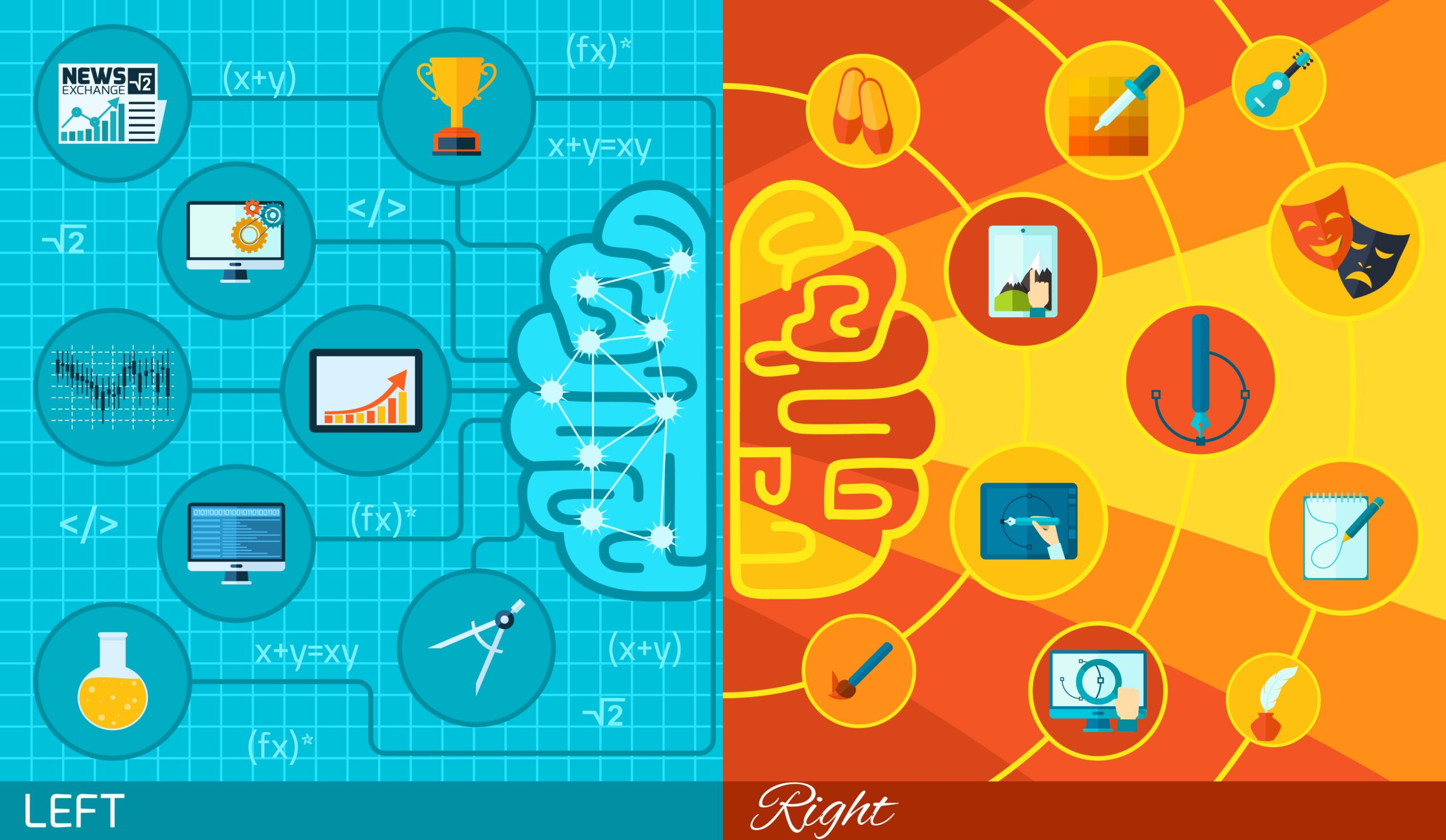
Intelligence analysis is crucial in informing decision-making, particularly in national security, military strategy, and law enforcement. Analysts must sift through vast data, draw conclusions, and present actionable insights to policymakers. However, despite their training and expertise, intelligence analysts are often subject to cognitive biases—systematic patterns of deviation from rationality that can influence judgment and decision-making. These biases can cloud the analytical process, leading to errors, misinterpretations, and flawed recommendations. Understanding these common cognitive biases is essential for improving the accuracy and effectiveness of intelligence analysis.
The Role of Cognitive Biases in Intelligence Analysis
Cognitive biases are mental shortcuts, or tendencies individuals develop over time to make decision-making more efficient. While these shortcuts can be helpful in some situations, they often lead to errors in judgment when applied inappropriately. In intelligence analysis, biases can distort how analysts interpret data, evaluate evidence, and make conclusions. This is particularly problematic because intelligence analysis often deals with incomplete, ambiguous, or contradictory information. In such an environment, biases can lead to the misinterpretation of data, resulting in poor decision-making and potentially severe consequences.
Intelligence analysts work under significant pressure, often with tight deadlines and high stakes. As a result, biases may go unnoticed, subconsciously influencing conclusions and recommendations. By understanding the most common cognitive biases, analysts can become more aware of their tendencies and take steps to mitigate their impact on their work.
Anchoring Bias: Relying Too Heavily on Initial Information
Another common cognitive bias that affects intelligence analysis is anchoring bias. This occurs when individuals place too much emphasis on the first piece of information they encounter when making decisions. In intelligence analysis, anchoring bias can cause analysts to become overly influenced by initial reports or data points, even if they are incomplete or misleading. Analysts may unconsciously adjust their assessments around the initial anchor as new information comes in rather than revising their conclusions based on the most current or comprehensive data.
This bias can be particularly problematic when intelligence analysts are confronted with early intelligence reports or initial assessments that later turn out to be inaccurate. Analysts may be reluctant to adjust their conclusions, even in the face of new evidence, because they are anchored to their initial understanding of the situation. Overcoming anchoring bias requires analysts to remain open-minded and flexible, continuously reassessing their conclusions as new information becomes available.
Hindsight Bias: Misjudging Past Events Based on Current Knowledge
Hindsight bias is another cognitive bias that frequently affects intelligence analysis. This bias occurs when individuals believe, after the fact, that they could have predicted an outcome, even though the information available at the time did not support such a conclusion. In intelligence analysis, hindsight bias can lead to analysts overestimating their ability to foresee certain events or outcomes, skewing their assessments of past intelligence.
For example, an analyst may review a series of intelligence reports after an attack and believe that the signs were clear, even though the information was ambiguous or contradictory. This can create false confidence in the analyst’s abilities and may cause them to dismiss essential warning signs in future assessments. To mitigate hindsight bias, analysts should try to document their reasoning during their analysis, ensuring that they can objectively evaluate their decisions without the influence of hindsight.
Groupthink: The Pressure to Conform to Group Consensus
Groupthink is a cognitive bias that occurs when a group’s desire for harmony or conformity leads to irrational or dysfunctional decision-making. In intelligence analysis, groupthink can manifest when analysts prioritize consensus over critical thinking, suppress dissenting opinions, and fail to consider alternative viewpoints. This bias is particularly problematic in high-stakes environments, where analysts may feel pressure to conform to the views of senior leaders or colleagues rather than present independent assessments.
Groupthink can result in poor decision-making, as analysts may overlook necessary evidence or fail to challenge assumptions widely accepted within the group. To mitigate groupthink, intelligence analysts must foster an environment in which dissent is encouraged and consider alternative viewpoints seriously. Encouraging diversity of thought and independent analysis is essential to ensuring that intelligence assessments are accurate and reliable.
Mitigating Cognitive Biases in Intelligence Analysis
The impact of cognitive biases on intelligence analysis is undeniable, but several strategies can help analysts mitigate their effects. One of the most effective ways to reduce bias is to implement structured analytical techniques, such as analysis of competing hypotheses or red teaming, which encourage analysts to consider alternative explanations and actively challenge their assumptions. Additionally, promoting a culture of critical thinking and encouraging open dialogue within intelligence teams can help counteract biases like groupthink and confirmation bias.
Cognitive biases are a significant challenge in intelligence analysis, but their impact can be mitigated with awareness and the right strategies. By recognizing the common biases that affect decision-making, such as confirmation bias, anchoring bias, and groupthink, analysts can take proactive steps to ensure that their assessments are as accurate and objective as possible. Intelligence analysis requires a careful balance between data, judgment, and critical thinking. By minimizing the influence of cognitive biases, analysts can improve their ability to provide reliable insights that support informed decision-making in high-stakes situations.